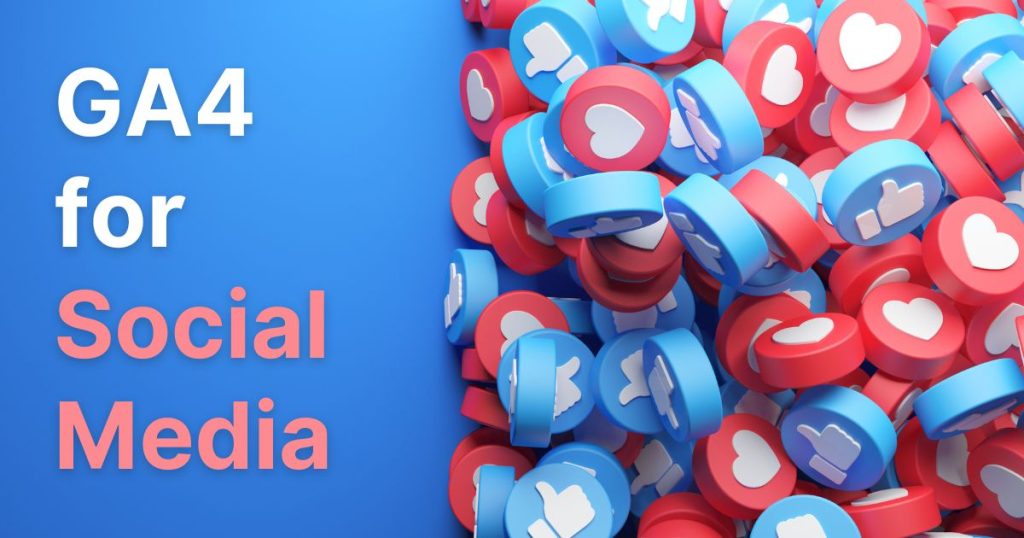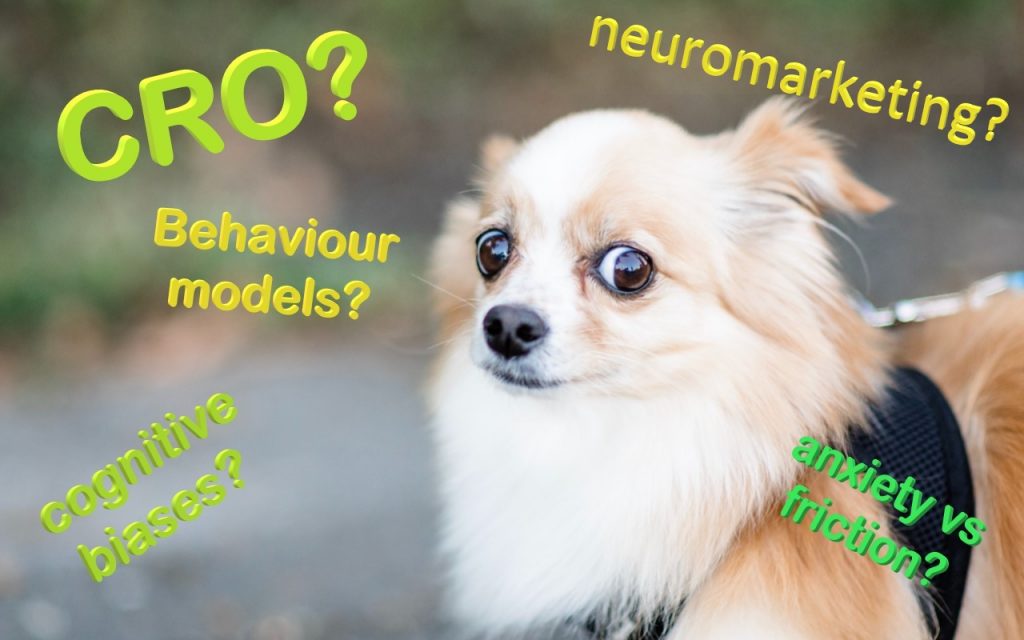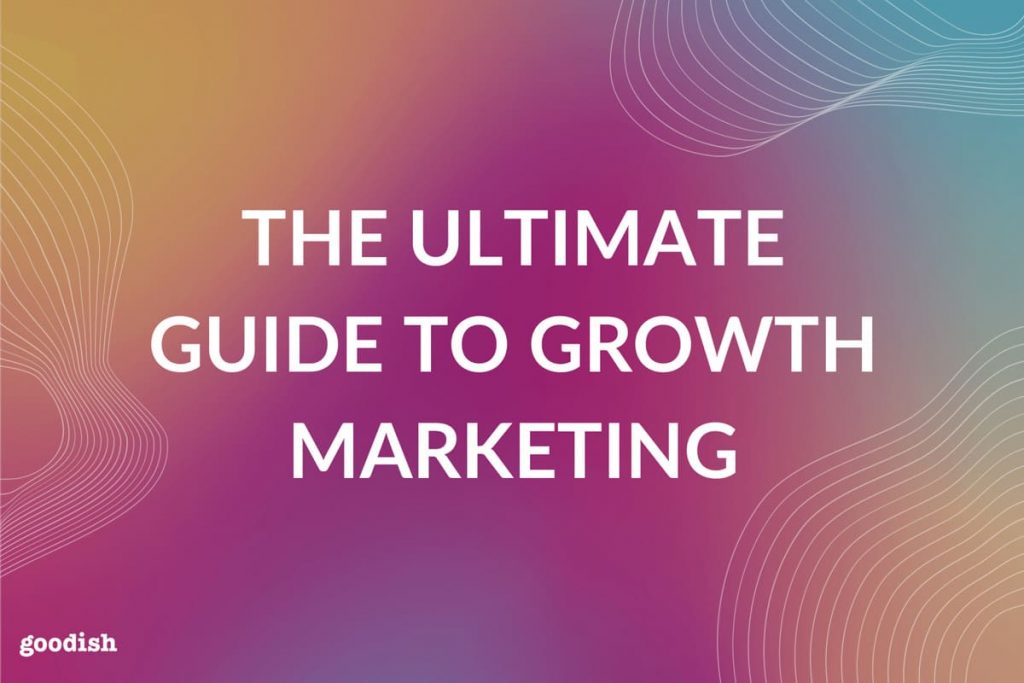In the rapidly evolving digital landscape, businesses constantly seek innovative ways to stay ahead of the curve. One such innovation that has revolutionized the marketing industry is Artificial Intelligence (AI).
Marketing with AI can transform marketing strategies, making them more efficient and capable of reducing marketing costs. Cost-effective marketing with AI is the key to success in today’s competitive market.
Table of Contents
The Power of Marketing with AI
Unparalleled Data Analysis
In the era of big data, businesses have access to more information about their customers than ever before. However, this data is only as valuable as the insights that can be extracted from it. Here, marketing with AI proves invaluable. AI algorithms can process and analyse large datasets far more quickly and accurately than human analysts ever could. This lets businesses gain deep insights into customers’ behaviour, preferences, and needs.
Deep Costumer Understanding
One of the key advantages of marketing with AI is its ability to help businesses understand their customers on a deeper level. AI can identify patterns and trends that inform marketing strategies by analysing customer data. For example, marketing with AI can help businesses understand which products or services a customer is most likely to be interested in, what type of marketing messages they are most likely to respond to, and when they are most likely to make a purchase. This level of understanding enables businesses to create highly personalized marketing with AI strategies that resonate with their target audience
Enhanced Costumer Engagement
Personalization is key to customer engagement in today’s competitive marketplace. Customers expect businesses to understand their needs and preferences and provide relevant, personalized experiences.
AI makes this level of personalization possible. By using AI to analyse customer data, businesses can create personalized marketing messages tailored to each customer’s needs and preferences. Marketing with AI not only improves customer engagement but also enhances customer loyalty and satisfaction.
Engagement Cost-Effective Marketing with AI
In addition to improving customer engagement, marketing with AI is more cost-effective. By enabling businesses to target their marketing efforts more precisely, AI reduces the wastage of marketing resources.
Instead of spending money on broad, untargeted marketing campaigns, businesses can use marketing AI to ensure their promotional messages reach the right people at the right time. This increases the likelihood of conversions and reduces the amount of money wasted on reaching uninterested parties.

The Future of Marketing with AI: A New Era of Innovation and Efficiency
Artificial Intelligence (AI) use in marketing is not just a passing trend; it’s a paradigm shift set to redefine the future of marketing. With its unparalleled ability to provide deep insights into customer behaviour and preferences, AI is set to keep playing a key role in shaping cost-effective and efficient marketing strategies.
We can expect even more detailed and accurate customer insights as AI technology advances. These insights will enable businesses to predict customer behaviour, anticipate their needs, and create highly personalized marketing strategies. This level of personalization will improve customer engagement and lead to higher conversion rates and customer loyalty.
In today’s fast-paced digital world, customer needs and preferences constantly evolve. Businesses that can quickly adapt to these changes will have a competitive edge. They will be better equipped to meet the evolving needs of their customers, stay competitive in the market, and achieve sustainable growth.
AI-Driven Marketing Automation
As we look to the future, we expect to see an increase in AI-driven marketing automation. AI can automate various marketing tasks, from email marketing to social media management. This will improve efficiency and free up marketers to focus on more strategic aspects of their work. Furthermore, AI-driven automation can lead to more consistent and effective marketing campaigns, as it eliminates the risk of human error.
Enhanced Costumer Engagement
Personalization is key to customer engagement in today’s competitive marketplace. Customers expect businesses to understand their needs and preferences and provide relevant, personalized experiences.
AI makes this level of personalization possible. By using AI to analyse customer data, businesses can create personalized marketing messages tailored to each customer’s needs and preferences. This not only improves customer engagement but also enhances customer loyalty and satisfaction.
Ethical Considerations and Responsible AI
As we continue to integrate Artificial Intelligence (AI) into various aspects of business, including marketing, it’s crucial to consider the ethical implications and promote responsible AI practices. Here are some key points to consider:
Data Privacy
AI systems often rely on large amounts of data to function effectively. This data often includes sensitive information about individuals. Therefore, it’s crucial to ensure that data is collected, stored, and used in a way that respects privacy rights and complies with data protection regulations.
Businesses should be transparent about how they use AI and what data they collect. They should also provide users with control over their data, including the ability to opt-out of data collection where possible.
Bias and Fairness in AI Systems
Artificial Intelligence (AI) systems learn from the data they are trained on. If this data contains biases, the AI system can learn and repeat these biases. This can lead to unfair results. For example, an AI system used for advertising might show certain job ads to men more often than women, simply because the data it was trained on had this bias.
To avoid this, businesses need to be careful with the data they use to train their AI systems. They should make sure this data is fair and represents different groups of people equally. This way, the AI system can learn to treat all groups fairly.
Human Oversight
While AI can automate many aspects of marketing, it’s important to maintain human oversight. Humans should be involved in setting the goals and parameters of AI systems and in reviewing their outputs. This can help ensure that AI is used in a way that aligns with a business’s values and ethical standards.
In conclusion, as we embrace the potential of marketing with AI, it’s crucial to navigate this future with an awareness of the ethical considerations and a commitment to responsible AI practices. This includes ensuring data privacy, preventing bias, maintaining transparency and accountability, and ensuring human oversight.
We at Goodish agency are experts in digital marketing and we can help you to utilize AI to reduce your costs and boost your performance. Read more about our services.











